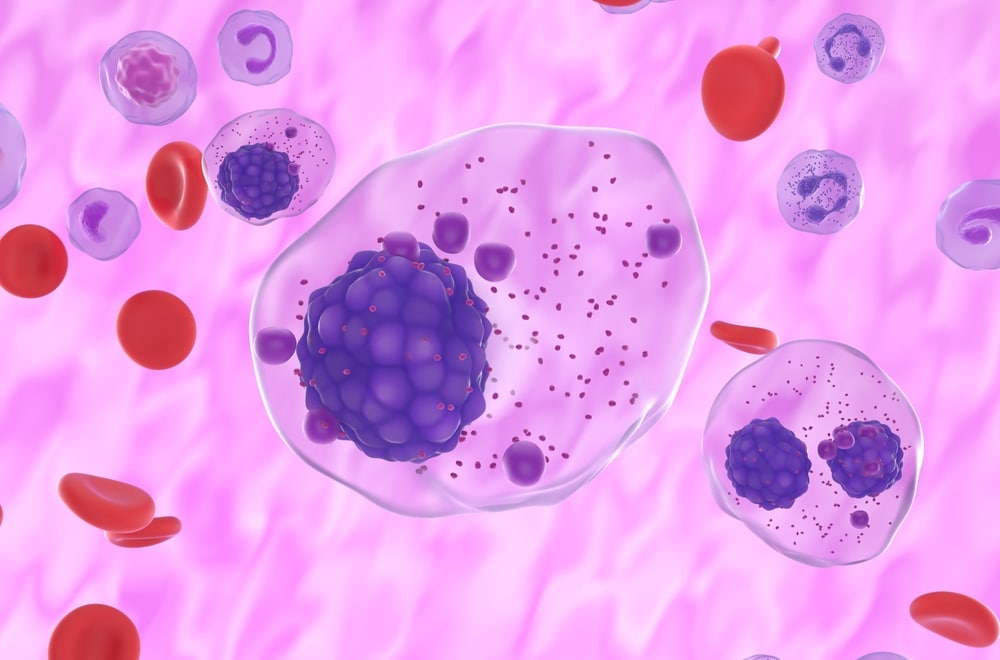
The convergence of atomic physics and medical technology may seem unlikely, but recent decades have seen remarkable advancements in artificial intelligence, sensing, simulation, and other areas that have profoundly impacted the biotech industry.
Quantum computing offers a unique opportunity to further enhance these advancements by providing computational speedups and/or accuracy in each of these areas. Now is the time for enterprises, commercial organizations, and research institutions to explore how quantum computing can address challenges within their respective fields.
What is quantum computing?
Quantum computing represents a new paradigm in computer processing technology, leveraging the principles of atomic behavior to solve complex problems beyond the capabilities of today’s fastest supercomputers. Quantum computers are not expected to replace classical computing but will serve as highly specialized and complementary resources for specific tasks.
Classical computers process information using strings of zeros and ones, manipulating them through logical operations to produce deterministic outcomes. In contrast, quantum computers operate probabilistically, exploring multiple scenarios simultaneously due to the counterintuitive principles of quantum mechanics. This enables them to tackle computations inaccessible to classical computers and perform calculations in a manner more akin to nature itself.
Unlocking new potential
As quantum hardware and software continue to mature, a set of core enterprise applications has emerged, particularly in areas where classical computing faces limitations. These applications can be broadly categorized into three areas:
- Advanced mathematics and complex data structures: Quantum computing offers a new approach to problems with many variables, enabling enhanced analytic performance for computationally complex tasks. In biotech, this could aid in analyzing datasets to identify trends for personalized interventions targeting disease at the cellular level.
- Search and optimization: Quantum systems excel at considering a broad set of computations concurrently, unlocking opportunities for rapidly identifying protein folding structures and optimizing sequencing for mRNA-based therapeutics.
- Simulating nature: Quantum computers are adept at simulating the behavior of atoms and subatomic particles, offering new avenues for drug discovery and materials science. This includes designing new drugs to combat emerging diseases and discovering materials for carbon capture and energy storage to address climate change.
At IBM, recognize the importance of fostering collaboration between quantum experts and domain specialists across various industries. Through working groups covering healthcare, materials science, physics, optimization, and sustainability, we aim to drive innovation and develop real-world applications of quantum computing.
As enterprises shift from experimental proof-of-concepts to utility-scale prototypes, there will be increased investment in talent development and organizational readiness for the integration of quantum computing into workflows. In the coming years, businesses worldwide will be preparing for the transformative potential of quantum computing in addressing complex challenges across diverse sectors.





